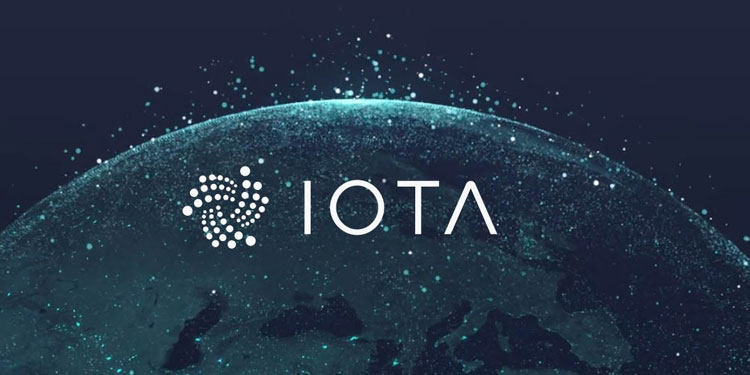 It was revealed yesterday, October 21st, by the IOTA Foundation that the IOTA Smart Contracts Beta has been released. The beta release of Smart Contracts was accompanied by a slew of additional innovative and interesting features. The Smart Contracts Beta offers a number of beneficial features, including completely programmable smart contracts, interoperability across smart contracts, and low-to-zero costs.
It was revealed yesterday, October 21st, by the IOTA Foundation that the IOTA Smart Contracts Beta has been released. The beta release of Smart Contracts was accompanied by a slew of additional innovative and interesting features. The Smart Contracts Beta offers a number of beneficial features, including completely programmable smart contracts, interoperability across smart contracts, and low-to-zero costs.
Another option is to choose between programming languages, compatibility with the Ethereum Virtual Machine (EVM), and boilerplate code that is automatically produced and validated. Smart Contracts that are fully functioning are also intended to address some of the existing scalability and transaction cost problems that exist in the cryptocurrency industry.
Smart contracts are programs that are stored on a blockchain and are activated when certain circumstances are fulfilled, as described above. You may think of them as code that has cryptographic assurances and security, and they are responsible for some of the most sophisticated functionality on the blockchain, such as DAOs and DeFi.
Smart Contracts Beta technology, which was just launched, is flexible and interoperable, with outstanding capabilities that complement the existing industry standard established by its predecessors, such as Ethereum. It is equipped with support for the Ethereum Virtual Machine.
As a result, users will be able to select between three programming languages: Ethereum’s Solidity, Rust, and Go, which will further encourage users to experiment. In addition, the release includes smart contracts that are free of charge. This demonstrates the Foundation’s commitment to the two cornerstone concepts of the developing digital economy – interoperability and standardization – by demonstrating its support for these values.
Users will be able to develop and execute bespoke smart contracts on the IOTA network for the first time thanks to the Smart Contracts Beta, which is available now. Smart Contracts provide developers the ability to establish their own execution costs for their contracts. When you consider that multiple blockchains may compete to execute a smart contract, it opens the door to the potential of lower costs.
The interoperability and scalability of IOTA Smart Contracts are two additional distinguishing characteristics. Because of this, all Smart Contracts will be able to wrap assets onto the basic layer by utilizing native tokenization on the ledger as part of the transaction processing.
It’s time to add a new layer of utility to #IOTA and enter Web3. Smart Contracts Beta is out!🚀
✔️#EVM support
✔️Solidity, Go (TinyGo) or Rust #SmartContracts
✔️Sharded chains, w/ full interoperability
✔️Define token incentives and fees (or go #feeless)https://t.co/srEehlWyMn pic.twitter.com/tXJN0oehMh— IOTA (@iota) October 21, 2021
All smart contracts and digital assets created on the IOTA network, as a result, are completely interoperable, and there is no need for trustworthy relays. This will enable dApp developers to take use of strong new composability features. Additionally, consumers will have additional opportunities to participate in the ecosystem as a result of this.
Additionally, the Smart Contracts Beta has even more incredible capabilities, such as the Smart Contracts Schema tool, which is available for free. In this new feature, many of the standard-form portions of smart contracts are generated automatically by the smart contract engine.
Users may now begin to enter the functionality that they want to include in the smart contract that they are creating. This is the first step in the process. With the newly added functionality, the system will automatically start and test the boilerplate code that is suitable for the situation.
As per the IOTA Foundation, the Schema tool is now functioning on smart contracts written in Go and Rust programming languages. As time progresses, the capabilities of IOTA Smart Contracts will continue to grow in the next years. It will also contain additional handy features like as automatically created client codebase libraries, among other things.
As stated by Dominik Schiener, co-founder and chairman of the IOTA Foundation, “We have integrated some of the defining features of IOTA, including interoperability, flexibility, and fee-free transactions, into an ethereum-based contract solution for a new generation that we believe will become an industry standard once it is released on the IOTA mainnet.”








